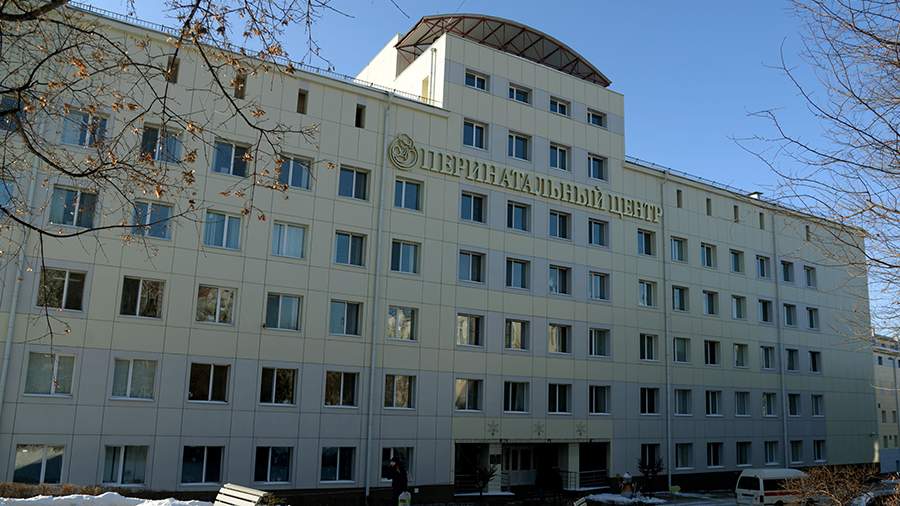Khabarovsk Perinatal Center will receive 258 million rubles for equipment

The Khabarovsk Perinatal Center has been allocated more than 257 million rubles to upgrade its medical equipment. The Ministry of Health of the Russian Federation and the regional government signed an agreement to this effect. The federal funds will be received within the framework of the project "Protection of Motherhood and Childhood" of the national project "Family".
AmurMedia news agency with reference to the regional Ministry of Health specifies that the main objective of the project is to reduce infant mortality to historically minimum levels. Perinatal centers will play a leading role in achieving this goal. They will be re-equipped all over the country.
Every year, about 4,000 births take place at the Khabarovsk Perinatal Center. About 300 children are born prematurely, and therefore the neonatal intensive care unit should be made one of the most high-tech. Patients from all over the Far East come to the center.
The agency notes that under the project "Protection of Motherhood and Childhood" it is planned to expand the IVF system - it is also being developed in the Khabarovsk Perinatal Center. Thus, in 2024, 315 children were born with the help of IVF, and for 18 years of its work - 4440 babies.
In 2026, another 192.6 million rubles should be allocated to Khabarovsk Krai from the federal budget for the development of the Perinatal Center. Global modernization under the project will affect, among other things, maternity homes, children's hospitals and dispensary system.
In late December, it was reported that doctors at the Irkutsk Regional Children's Clinical Hospital were the first in the entire region to treat a six-month-old child with spinal muscular atrophy (SMA) using the domestic drug Lantesens. Doctors noted that during treatment the baby was injected not with the foreign device "Spinraza", but with its Russian analog "Lantesens", and this was the first time not only in the Irkutsk region, but also in Siberia.
Переведено сервисом «Яндекс Переводчик»
